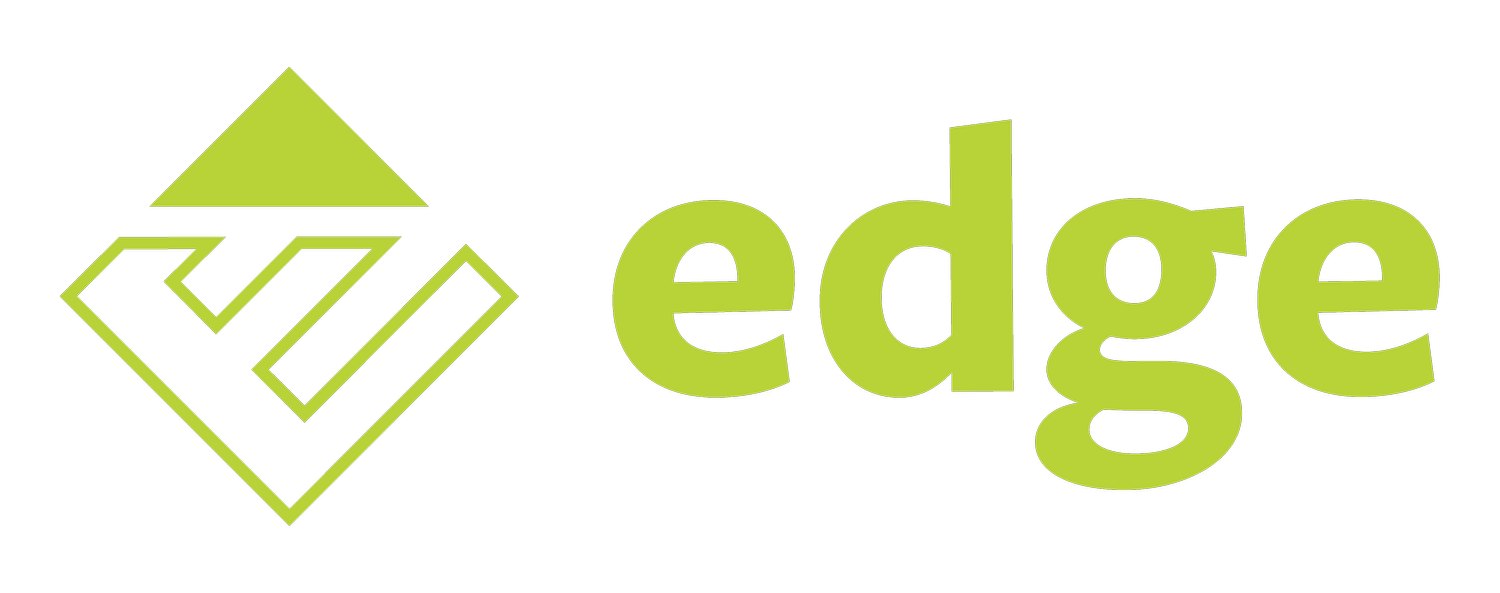My NHS & Research Journey
Read about the latest new team member, Melanie Williams, who joins us from 20 years in the NHS!
Having just completed my twentieth year working for the NHS, I decided to take up the challenge of joining the CIRU team and becoming part of the EDGE Programme as a Client Manager. What led me here? I thought I’d share my journey.
I started out in the NHS as an Appointment Coordinator for two-week wait cancer referrals and after a couple of years, I progressed to become the first UHS Multi-disciplinary Team Co-ordinator for the breast team. I enjoyed this very much, but research came-a-calling when some folks who attended the MDT meetings picked up on my organisational skills, love of lists, and ‘chattiness’, and I’ve never really looked back.
I became a Clinical Trials Assistant and started out working on breast and haematology cancer studies, mainly completing clinical report forms, resolving data queries, and managing site files. As my confidence in the role grew, I asked to attend clinics and became patient-facing, leading recruitment on observational and quality of life studies, as well as working with a fantastic team of research nurses on CTIMP trials.
This is where my love for research really grew. I’ve seen research reap rewards – it works. Being able to contribute towards research that has changed ‘best’ practice and improved the lives of patients and their families has been incredibly rewarding. I think really, I should say I’m passionate about research. I believe all patients should be invited to take part in research if possible. Research gives patients a chance to learn more about their condition and to try new treatments or devices. For most patients, it also helps them to know that their engagement in research provides future patients with a better chance of improved health and social care.
Research introduced me to EDGE through working on observational, QoL, and CTIMP studies. I found EDGE invaluable whilst working on these – not only did I have immediate access to patient-related documents like PIS, consent forms, and GP letters, I could also update my recruitment data in real-time with patient demographics as well as study-specific identifiers and keep the patient status updated from pre-screened through to completed or off study. This was really time saving when I could complete this data whilst in clinic between patients. It was also super handy being able to download reports via the Excel and PDF features to prepare recruitment reports which I presented at study meetings.
Now that I have moved to CIRU, I’m hoping my experience of being an end user of EDGE can help when dealing with client and user needs. I can see the importance of innovation in the clinical research setting (the roll out of EDGE 3 being one of these), and how fast paced research has become, which is vital to organisations, staff, and all research participants.








